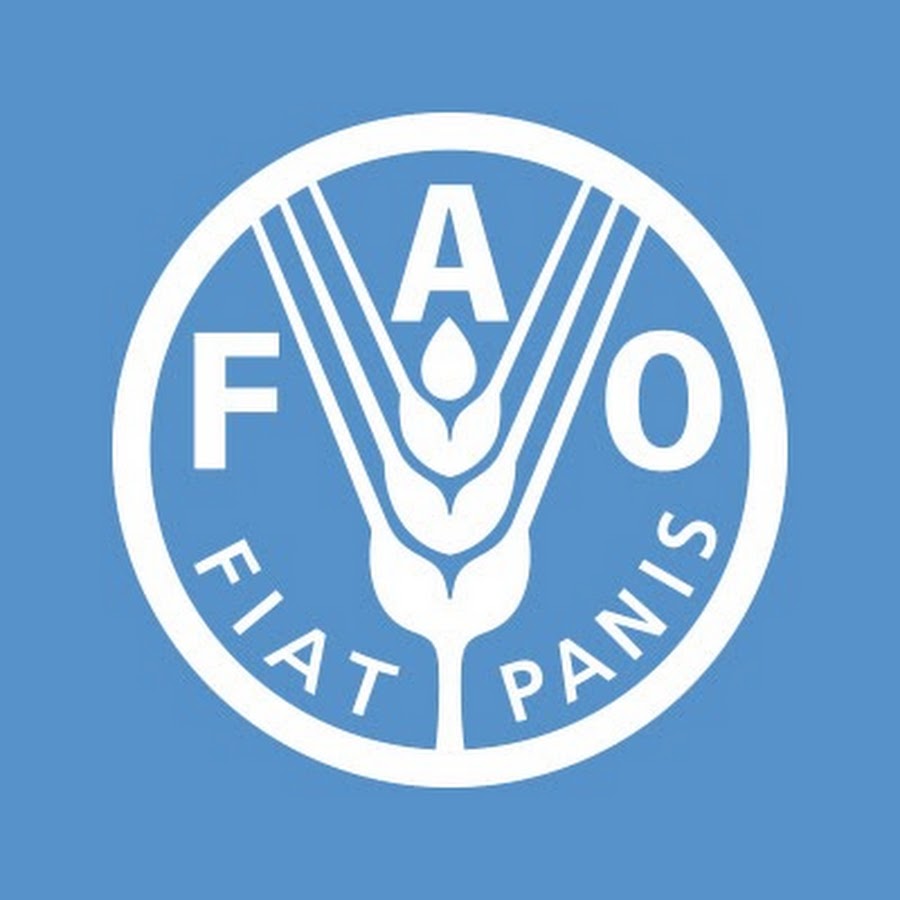
PARIS, Dec 8, 2023 (BSS/AFP) - Livestock is responsible for 12 percent of
greenhouse gas emissions caused by humans and its impact will only increase
as meat consumption rises, the UN Food and Agriculture Organization said
Friday.
To reduce emissions, the Rome-based agency in a report called for improving
the productivity of the entire production chain, adjusting animal feed and
improving animal health.
It also suggested efforts to reduce meat consumption in wealthy countries,
but said it would have limited effects.
Cattle are responsible for 62 percent of livestock-related emissions,
followed by swine at 14 percent, poultry's nine percent, buffalo at eight
percent and sheep and goats at seven percent.
Examining the final products, meat production is responsible for 67 percent,
ahead of milk at 30 percent and eggs at three percent.
Direct livestock emissions, from animal flatulence and waste, represent 60
percent of the total, with the rest coming from indirect emissions such as
production of pesticides and fertiliser for animal feed, transportation, and
the clearing of forests to make pasture and soy farms.
Meat consumption tends to rise with economic growth and urbanisation, even if
in some cases it is held back by concerns about climate, health and animal
welfare, the FAO said.
Still, world population growth is likely to drive a 21-percent increase in
animal protein consumption between 2020 and 2050, the agency said.
The FAO said the most efficient way to reduce emissions is to increase
productivity all along the chain, for example using various techniques to
increase the amount of milk per cow or sending animals for slaughter at a
lower age.
Reducing meat consumption will have a limited impact if it is replaced at
meals by non-seasonal vegetables grown in greenhouses or transported by air.
Cattle raised in large US lots tend to emit less than those raised in sub-
Saharan Africa, the report says.
"This is not to promote intensification in these regions at all costs, but
rather to advocate learning from systems with relatively lower emission
intensities," it said.